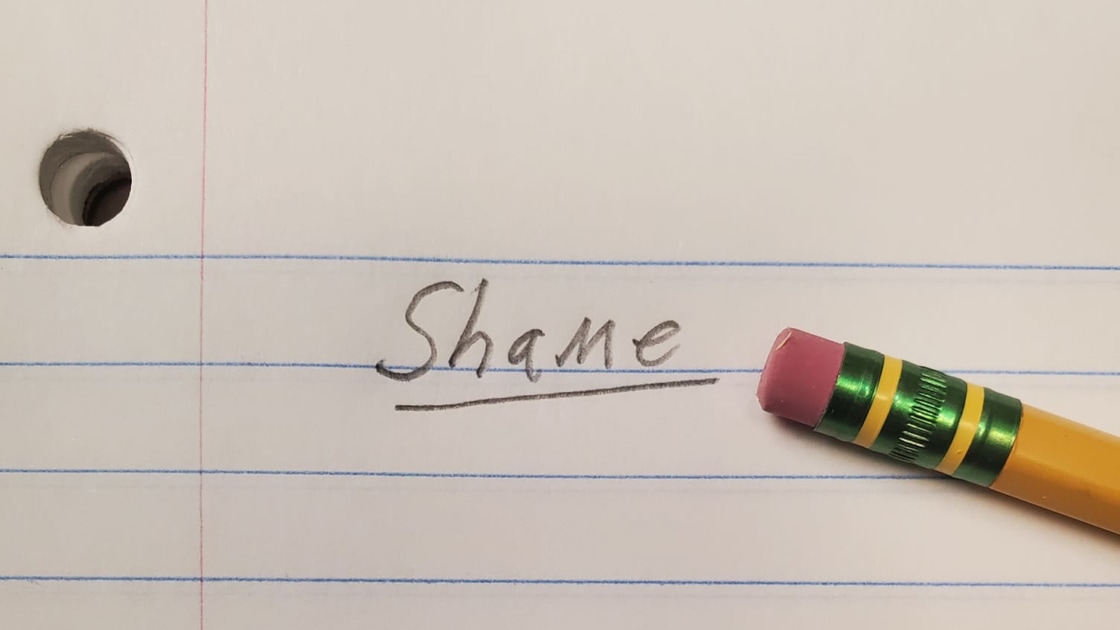Overturn Your Conviction! The war on crime is over.
A new court ruling has made it much easier to overturn your conviction.
There was no formal surrender, no peace treaty to sign, but in Washington State the decades long war on crime and especially the war on drugs seems to be all but over. The primary hallmark of that multigenerational war was a series of efforts by law enforcement and their allies to secure, preserve and build criminal records for those convicted of crimes. The result was the creation of a subclass of citizens who found themselves defined by those records and consequently trapped by the reduced rights and opportunities that resulted from the stain of their past experience.
Starting in 2012, that began to unravel. The timeline for the government’s defeat can be quickly summarized like thus:
2012
Initiative 502 passes – making Washington, along with Colorado, the first state in the country to decriminalize possession of marijuana for persons over the age of 21. The initiative is backed, in large part, on the belief that people should not be arrested for their decision to use a controlled substance in the privacy of their own home.
2015
The Washington Supreme Court authors the State v Blazina decision which holds that:
RCW 10.01.160(3) requires the record to reflect that the sentencing judge made an individualized inquiry into the defendant’s current and future ability to pay before the court imposes [legal financial obligations (LFOs)]. This inquiry also requires the court to consider important factors, such as incarceration and a defendant’s other debts, including restitution, when determining a defendant’s ability to pay.
Because paying LFOS is a prerequisite to vacating convictions – and interest on LFOs is 12% at the time – and the collateral consequences of conviction usually involved vocational impacts; Blazina requires judges to view defendants as persons on the road to rejoining mainstream society as opposed to villains endlessly in the debt of mainstream society. The Legislature follows suit with a series of LFO reforms that seek to ensure law abiding behavior, rather than financial success/luck, is the prerequisite to vacating criminal convictions.
2018
The Legislature passes HB 1783, which requires the court not to impose non mandatory LFOs on defendants at the time of sentencing so long as they are indigent at the time of sentencing (virtually everyone with a public defender automatically applies). They also eliminate interest on non-restitution LFOS.
2019
The Washington State Legislature passes The New Hope Act, which – among other things:
- Eliminates the limits on vacating gross misdemeanors to only once over the course of a person’s life
- Shortens the waiting period to vacate certain felonies
- Expands the list of felonies that can be vacated to include more serious offenses
- Eliminates prepayment of LFOs as a prerequisite to vacating felonies (retains the requirement for gross misdemeanors)
2021
In a bombshell straight out of left field, the Washington Supreme Court rules in State v Blake that Washington’s Uniform Controlled Substance Act is unconstitutional for those charged with simple possession of a controlled substance for lack of an assigned mens rea. The Court – using suspect but useful reasoning – creates the idea that someone cannot be convicted of a strict liability offense for engaging in what they call “passive conduct.” Therefore, someone cannot be convicted of unlawfully possessing a controlled substance if the State is not required to show that they knowingly or intentionally or recklessly or negligently possessed it because to possess something is apparently a “passive act.”
Blake was decided against the backdrop of a debate to completely decriminalization simple possession of a controlled substances in Washington State and many attorneys suspect the Court – frustrated with the Legislature’s lack of progress on the issue – simply jumped the gun as it were. The legal ramifications with regard to other strict liability or semi-strict liability offenses is likely to play out for a years to come.
The immediate result, however, is that – combined with the aforementioned changes – entire criminal histories are now eligible for vacating. The cardinal aim of the government – creating, preserving, and building criminal histories in the name of “holding people accountable” and “protecting communities” – has largely collapsed.
We Have An Excellent Chance to Overturn Your Conviction
I was recently retained by an individual to vacate 11 separate convictions from his record that are dispersed across 8 jurisdictions and concern conduct spanning from 1995 to 2018 – all of which, as soon as the courts get through the backlogs created by the chaos of 2020 and these decisions, will be vacated! After decades of being saddled with a record, said individual is looking forward to taking this big step to putting the past behind him.
As one formerly incarcerated individual said:
Freedom isn’t worth having if it doesn’t include the freedom to make mistakes.
– Mahatma Ghandi
For many of those with criminal records, that freedom has now been restored. But your past will not erase itself. Chris is ready and able to assist you on the journey.
It can be hard to determine when your best move is to hire a criminal defense lawyer.
Hiring a criminal defense lawyer to represent you after you have been charged with a crime is one of the biggest decisions anyone might need to make.
Better Safe Than Sorry
The reason the Law Office of Chris Van Vechten offers free case evaluations is exactly because there isn’t a hard and fast rule about when someone should hire a criminal defense lawyer. One recommendation we can make to anyone who has been charged with a crime, or who believes they might be charged with a crime, is to contact us by phone or text for a free case evaluation to speak with us about your case. It is our job to give you the best possible recommendations and to work hard for you and fight for you to help you get through your situation and to make sure you receive justice.




